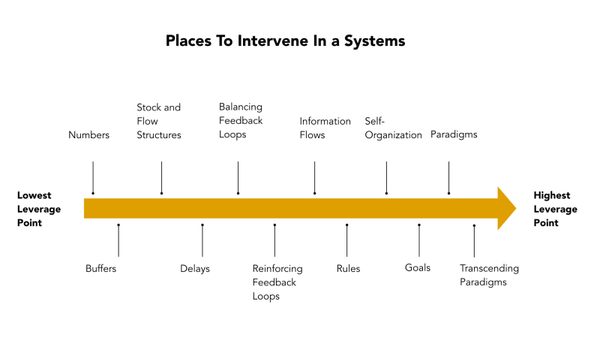No, Your Startup Won’t Be Acquired

The founder of an early stage company, which is still trying to figure out product/market fit, was asking me questions about getting acquired. He’d reached out because of some thoughts I shared in my newsletter. He’d latched onto my suggestion that Big Companies are slow and, suggested, that they hold the bulk of the cash in his industry and were consequently stifling innovation. He wanted to know how he might get the attention of BigCo to get his company acquired. It would have been laughable if he wasn’t so serious. I also realized that the acquisition question is one a lot of founders (nowadays) think about as an avenue out of their startup woes.
It’s You, Not BigCo
I quickly corrected the wrong assumption he’d made about BigCo holding the purse strings and reminded him that the customers actually hold the money. I also shared with him that there are basically three reasons why a startup is acquired
- Because your product is truly game-changing and BigCo needs to prevent you from eating their lunch (somehow): Google’s acquisition of DeepMind or Facebook acquiring WhatsApp come to mind here. Imagine a world where DeepMind figured out Artificial General Intelligence and, like the Omegas in Life 3.0, developed software that takes over the world? That would seriously eat into Google’s takeover-the-world ambitions. I throw under this bucket the acquisition of the talent at a startup.
- Your product provides a new and growing revenue stream or market segment that adds life to BigCos already mature business model: Salesforce acquiring BigMachines is a good example here.
- To fill a hole that the company has in its business model or product roadmap: Uber acquiring Otto to get into self-driving cars is the perfect example for this one.
After reviewing these examples and highlighting that his idea does not fall into any of these buckets, I shared with him some thoughts on why he should settle in for a long journey. He’s never worked in a BigCo so I reiterated that his company never getting acquired might also just be because BigCos work in a funny way…
It’s Not You, It’s BigCo
In the early days of NewCo, the founders and the early team are in search of a business model that works (product/market fit). While the model might be fluid and uncertain in these times, one thing that is definitely being set is the culture of the organism or system (the business). Paradigms, culture, and goals are the highest Points of Leverage (image below*) in any company and this is where the bulk of NewCos time goes. Even though the team does not realize it.

The opposite is the case for BigCo. Numbers and structures are the lowest leverage points within a system/company. It is at these lowest Points of Leverage within a system that the majority of the employees of at BigCo operate. Competition and disruption impact the paradigms and goals, higher Points of Leverage, but the true information about how much is going on with competition/disruption never reaches the executives. This information gets filtered and sanitized within the company and the size of that company determines how much filtering is going on. Using sanitized information, executive decisions are made. An example: employees get a directive to grow X% this year and the employees have to make up numbers so the boss doesn’t get pissed. And when the numbers come in below projections everyone wonders how it happened. And the larger the organization, the longer it takes to go from goals to numbers to accountability (the necessary feedback loop).
And we haven’t even gotten to paradigms. Those are pretty much set for every large corporation. Unless your NewCo gets flagged as a goal impeding entity (unlikely) or paradigm-shifting possibility (you’ve stopped being NewCo at that point), as determined by executives, NewCo won’t be a competitive factor or even an acquisition target.
So Settle In Young Buck
In the example above, all the decisions at BigCo were made without true consideration of the frantic and internal culture-defining actions of NewCo. What NewCo needs to try to do is to be intentional about its own internal paradigms, a tough ask in the early days of wondering whether your company will see another day, and ensure they are powerful enough to disrupt the industry paradigm. The founder I was chatting with left perked up after realizing there was a paradigm shift he could tap into as he built his company. Only then would he be able to disrupt the industry and maybe build a huge business.
And only then will BigCo pay any attention…and it might be too late.



